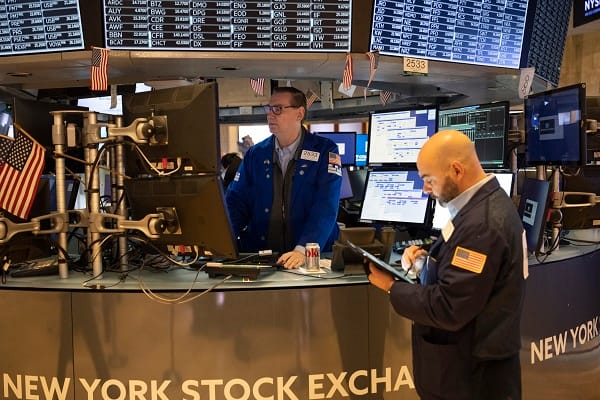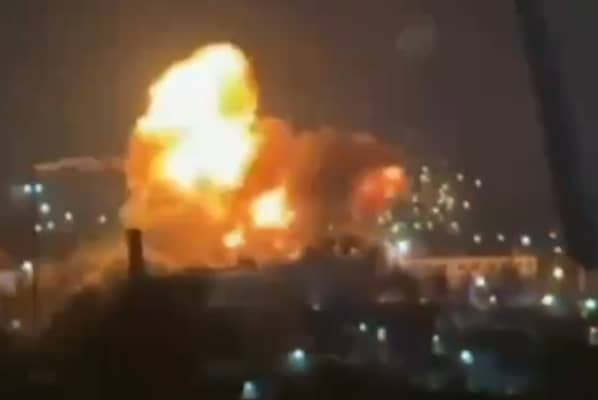Travel
London Transport Strike: TfL Ticket Inspectors Walk Out Amid New Pay Dispute, Impacting Tourists During Holiday Season – Travel And Tour World

Tuesday, December 10, 2024
Tourists planning to visit London during December may face some disruptions as staff from Transport for London’s (TfL) Compliance, Policing, Operations, and Security Directorate (CPOS) have announced a six-day strike. The industrial action, set to take place over two rounds, is a protest against what workers have described as “an unacceptable pay deal.” While the strike is not expected to significantly impact travel for most passengers, its implications for visitors and the city’s overall travel ecosystem are worth considering.
Details of the Strike
The CPOS workers, represented by the Unite union, are responsible for essential tasks like ticket inspections and managing safety concerns, such as countering violence and aggression on London’s public transport network. A total of 300 workers are set to walk out on December 12, 13, and 14, followed by a second round on December 20, 21, and 22.
These employees collaborate closely with the Metropolitan Police, City of London Police, and British Transport Police, ensuring the safety and orderliness of the transport system. The strike highlights growing frustrations over pay disparities and labor conditions.
Impact on Tourists
For tourists, the immediate question is whether the strike will cause significant disruptions during their visit. TfL has indicated that the action will primarily affect the bus network, with ticket inspection and enforcement efforts likely to be reduced. However, TfL has also assured the public that measures are in place to continue revenue inspections on buses during the strike.
Visitors using buses may experience fewer ticket checks, but this is unlikely to interfere with the reliability of the service itself. The strike will not directly affect train and underground operations, ensuring that London’s core transportation network remains functional for most travelers.
Tourist Safety and Convenience
Although the strike is centered on labor issues, it raises broader concerns about safety and convenience on public transport. CPOS workers play a crucial role in maintaining order, and their absence could lead to potential challenges:
- Reduced Presence of Safety Staff: While TfL plans to manage the impact with alternative measures, tourists may perceive a reduced sense of safety without the usual enforcement teams.
- Fare Evasion Risks: A decrease in ticket inspections might lead to increased fare evasion, potentially resulting in overcrowded buses or strained resources.
Despite these factors, TfL has reassured passengers that operations will continue with minimal disruption, prioritizing the safety and comfort of all travelers.
Statements from Key Stakeholders
Unite’s general secretary, Sharon Graham, emphasized the critical role of CPOS workers in keeping London’s residents and visitors safe on the TfL network. She criticized the current pay offer as undervaluing these vital employees and warned of a “fares free-for-all” if TfL does not address the workers’ demands.
TfL, on the other hand, expressed disappointment over the strike, pointing out that its pay offer had been accepted by other unions. A spokesperson confirmed that contingency plans are in place to ensure revenue inspections continue on buses, minimizing the impact on passengers.
Implications for the Travel Industry
The strike underscores broader challenges within the public transport sector and its ripple effects on tourism and local businesses.
- Tourist Confidence: Industrial action often raises concerns among international visitors unfamiliar with local labor issues, potentially affecting their perception of the destination.
- Economic Impact: Reduced enforcement might lead to revenue losses for TfL, impacting future investments in transport infrastructure that benefits both residents and tourists.
- Increased Demand for Alternatives: Visitors may turn to private transportation options like taxis and ride-hailing services, resulting in higher costs and increased traffic congestion.
Global Context and Lessons
The TfL strike is part of a broader global trend of labor disputes within essential services, often leading to disruptions that affect tourists. For international travelers, incidents like this highlight the importance of staying informed and planning ahead when navigating public transport systems in major cities.
- Improved Communication: Destinations can mitigate the impact of strikes by ensuring clear, multilingual communication about service disruptions and alternatives.
- Collaborative Resolutions: Labor disputes can strain tourism-dependent economies, emphasizing the need for proactive dialogue between workers and management to avoid prolonged disruptions.
Advice for Tourists Visiting London
Tourists traveling to London during the strike should consider the following to minimize inconvenience:
- Plan Ahead: Check for updates on TfL’s website or social media channels to stay informed about service adjustments.
- Alternative Transport: Be prepared to use trains, the Underground, or taxis during bus disruptions.
- Allow Extra Time: Delays, while unlikely, can occur. Arriving early at destinations is recommended.
Moving Forward
This strike is a reminder of the complexities in balancing worker rights and public service efficiency. While the direct impact on tourists may be minimal, the underlying tensions highlight the importance of fair negotiations and robust contingency planning. For tourists, London remains a vibrant destination, with its public transport system largely operational despite these challenges.











